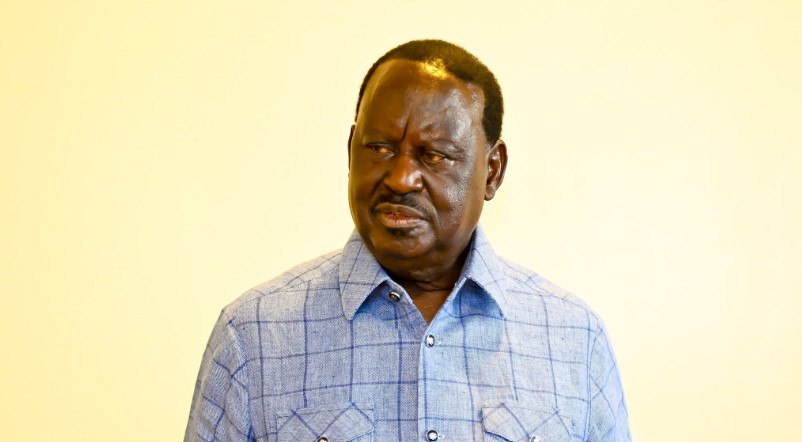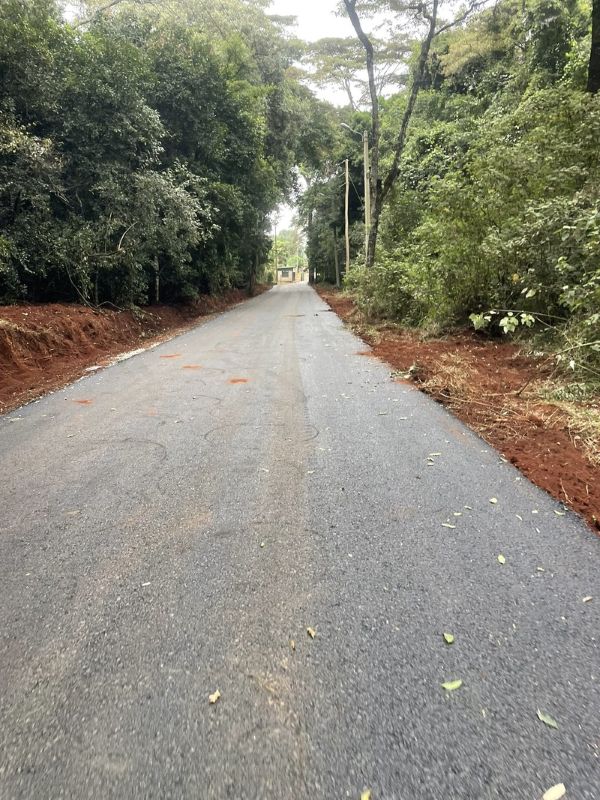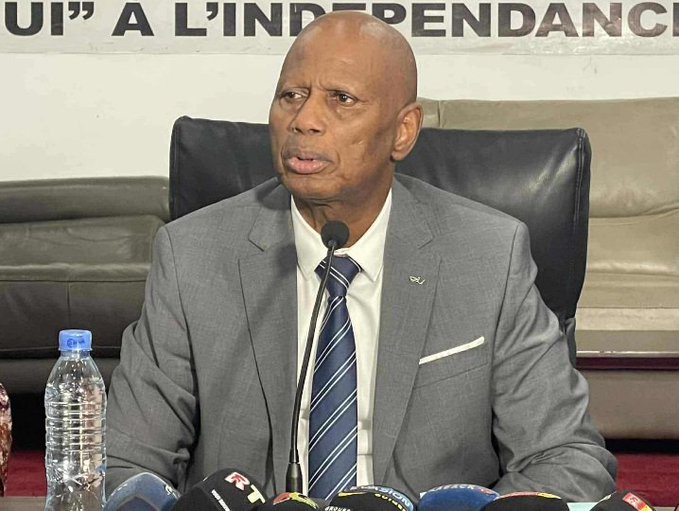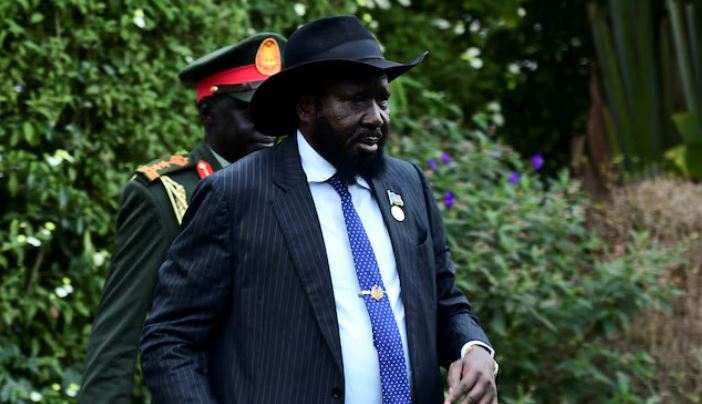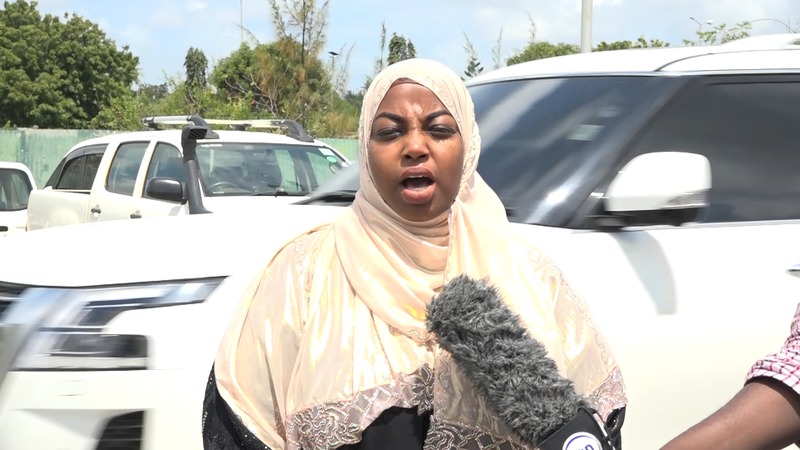New policy aims to limit govt vehicles assigned to state officers
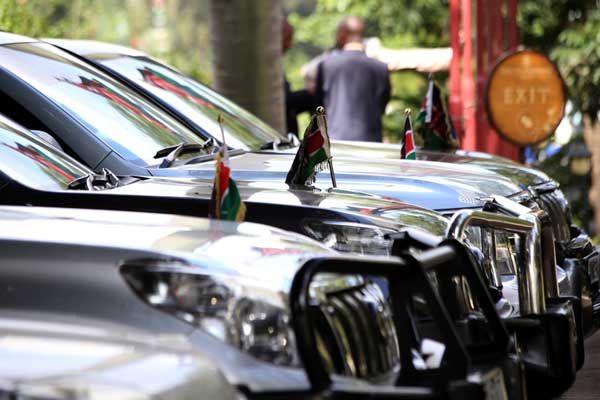
Under the proposed policy, each Principal Secretary, head of parastatals, and Chief Executive of independent offices will also receive one official vehicle.
The National Treasury, through the draft Government Transport Policy of 2024, has proposed that Cabinet Secretaries and Governors each receive two official vehicles.
Additionally, members of parastatal boards will use private cars and submit reimbursement requests for their transportation costs.
More To Read
- State House, NIS among 18 agencies overspending taxpayer’s money despite austerity measures
- Government introduces new digital system to track foreign travel by state officers
- Treasury shelves Sh1.3 billion allocated to first lady and DP's spouse
- Cabinet Secretaries given until Thursday to halve number of advisers
- Kenya One in the Sky: Tracking President Ruto’s frequent flying and cost to taxpayers
- SRC announces salary increases for MPs and state officials, here are the changes
The proposed policy aims to reduce excessive government transport expenses and enhance accountability in public service spending.
National Treasury Cabinet Secretary John Mbadi explained that the new guidelines aim to combat the rising expenses associated with government transport, which surged to Sh14.3 billion in 2023, up from Sh8.6 billion in 2021.
"The policy aims to enhance value for money and austerity in vehicle allocation by ensuring optimality," he stated.
Under the proposed policy, each Principal Secretary, head of parastatals, and Chief Executive of independent offices will also receive one official vehicle.
Meanwhile, commissioners of independent offices and parastatal board members will rely on personal vehicles, claiming reimbursements that vary based on engine capacity.
For instance, vehicles with an engine capacity of 1,500cc to 1,800cc will attract a reimbursement rate of Sh58 per kilometre, while those between 850cc and 1,050cc will earn Sh26.
At the county level, Deputy Governors, County Executive Committee members, and Chief Officers will each be allocated one vehicle.
Public concern
This policy is timely, considering the growing public concern over government waste amid the government's struggle to fund development projects and pay salaries and pensions.
"The policy would help the government contain runaway maintenance costs, secure the lives of its officials, and improve fleet utilisation levels," Mbadi added.
He said that adherence to these guidelines would promote efficiency, cost-effectiveness, and accountability in managing public resources.
Critics have highlighted transport as a significant area for potential waste, pointing to excessive official vehicles and the misuse of cars for non-official activities.
In the financial year leading up to June 2023, approximately Sh15 billion was spent on transport for civil servants and state officers, prompting calls for reform.
The Auditor General has previously flagged issues such as lost vehicles, improper documentation, and unauthorised use of government cars.
Reports indicate that several departments, including planning and education, have faced scrutiny for their vehicle management practices.
The introduction of this new transport policy follows the government's recent decision to cut spending by Sh325.88 billion for the current financial year after the Finance Bill, 2024, was rejected.
It also aligns with ongoing efforts to streamline government operations, including a census of all government vehicles and an official leasing programme.
Top Stories Today
